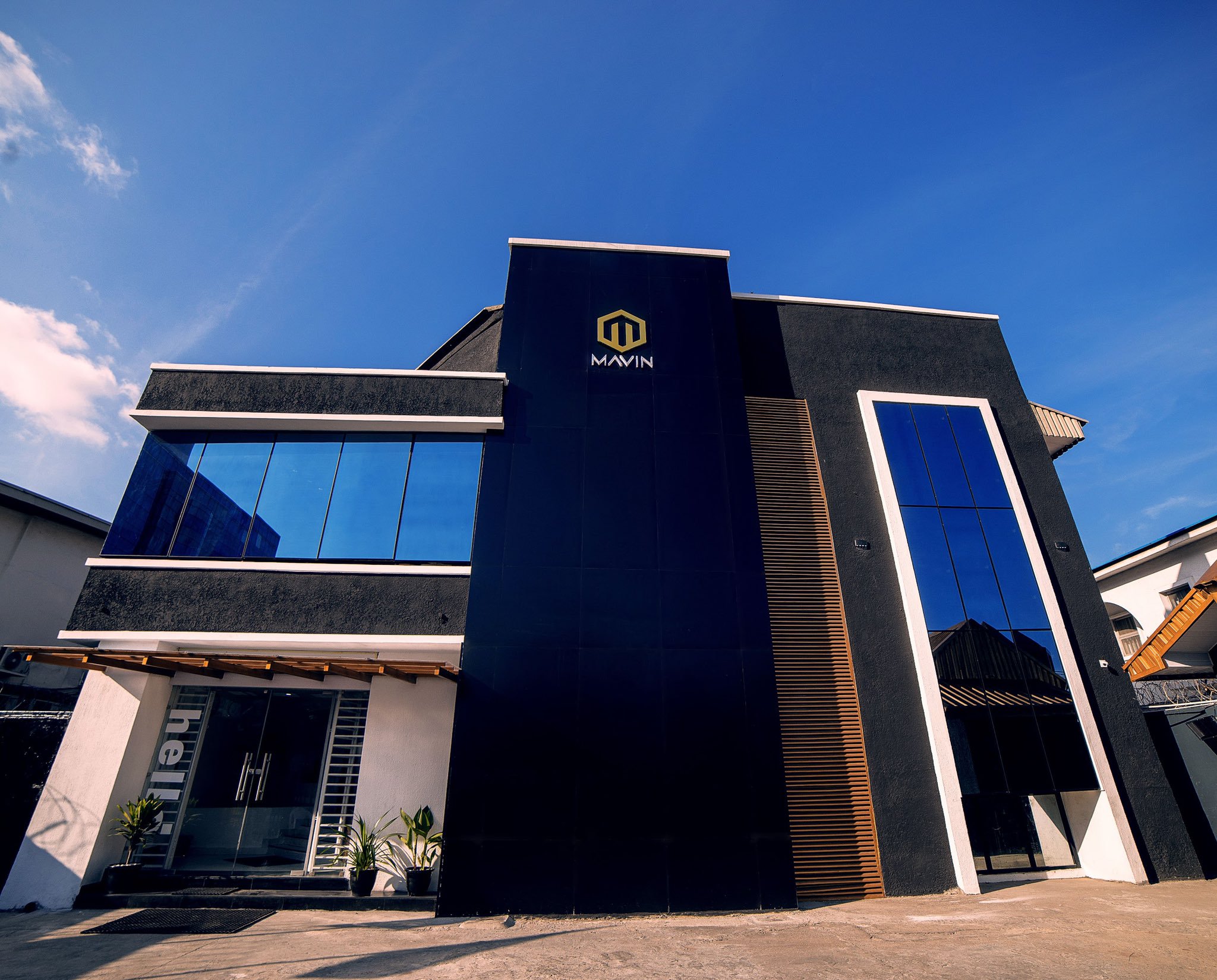According to a new CMO Council’s report, Reshaping Global Engagement Operations, today’s customer is seeking security, service and localised experiences based on local language and culture.
Unfortunately, 73% of global marketers feel only partially prepared to deliver, settling for a “win-some/lose-some” position as their organisations transition to meet the needs of the modern, digitally-connected customer.
The report, produced in partnership with Worldwide Partners, a global network of independent advertising and marketing services agencies, reveals that marketing operational structures may actually be keeping the customer and brand apart. Marketers admit that:
They are missing the localisation mark before campaign deployment by engaging in the dark: 82% say local market intelligence is just “OK”; 10% admit their local intelligence is actually highly deficient. Without access to repositories of local intelligence, they will continue to miss opportunities: 57% believe lack of localised market insight has had a negative impact; 37% believe the lack of local knowledge is partially to blame for stalled relationship development initiatives.
Organisational structures may be partially to blame for the intelligence gap. The study investigated three specific operational structures: fully centralised (27%), fully decentralised (30%), and hybrid structures (30%) with local teams executing on strategies from a centralised leadership group.
For example, 38% of marketers operating in a fully centralised organisational structure believe that efficiency of spend and allocation is their top benefit. The downside to the model, according to 37% of respondents, is a lack of local market understanding and proximity to the customer. 35% of marketers in a fully decentralised organisation said the top benefit is the elimination of corporate politics over execution and decision-making. 48% admitted the top drawback was not having a clear vision of the brand engagement strategy.
According to marketers in hybrid operational structures, the top three benefits of their operations include a heightened understanding of the local customer, a crystal-clear understanding of strategy and goals, as well as heightened efficiency that optimises the impact of spend. Drawbacks still pop up but are largely centred around timeliness of decision-making across the organisation.
“Chief marketers embarked on organisational transformation in the name of efficiencies. Modern CMOs must now refine that transformation in the name of the customer,” noted Liz Miller, SVP of marketing with the CMO Council.
“We fought hard to bring rigour and accountability to operations. Now we are asking old processes and operational structures to align with a customer that doesn’t see silos or functions. They just understand their own context and reality, steeped in culture and spoken in their own language.”
Resource and operational alignment issues
Resource and operational alignment issues extend to the dynamics between brand and agency partners. Only 17% of marketers believe their operational models totally aligned with their agency partners, forcing some leaders to question the value and the impact of the relationship. This has led marketers to look for partners with the ability to scale quickly, be in closer alignment with business goals, and be a resource for skills and new capabilities around the globe.
This is not to say that CMOs are planning an agency exodus in 2019. Agencies can breathe a bit easier as 64% of respondents believe their relationships with current partners will stay in place over the next 12 to 18 months. Those who do foresee shifts anticipate they will bring content marketing (28%), customer intelligence (26%) and demand generation (21%) in-house. Functions likely to shift externally include public relations (21%), advertising creative development (24%), media buying (21%), and live event and experiential engagements (26%).
“Solving the localisation gap is a matter of structure, not the intent. This is a call to action for marketers and agencies alike,” noted John Harris, president and CEO of Worldwide Partners, Inc.
Customer-centric solutions
“Marketers want customer-centric solutions on a global scale, but they cannot get there with a centralised strategy and top-down approach that prioritises standardisation over localisation. They need to structure for market-inspired experiences in order to deliver personalised, contextualised and culturally relevant experiences effectively and efficiently. Otherwise, they’ll miss opportunities, undermine brand perception and compromise business results.”
Source: Marketing Week






Comment
No comments found.